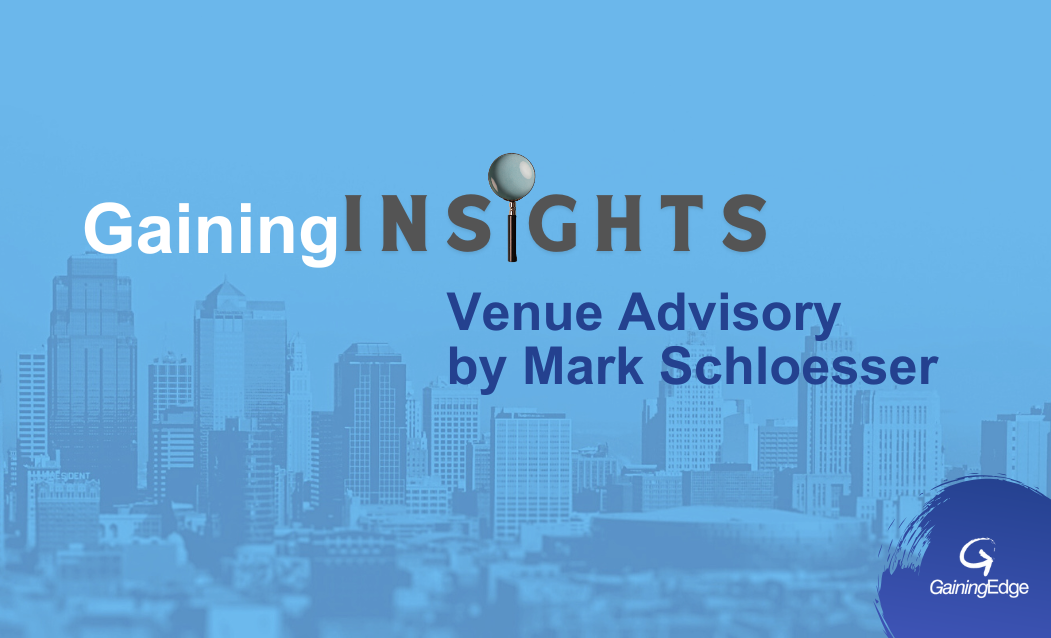CHAPTER III – Category 2: Operational Data
• Operational data is the unsung hero behind the smooth functioning of convention and exhibition centers, guiding everything from space usage to staffing.
• Smart data collection enables better decision-making, streamlines maintenance, reduces waste, and boosts sustainability efforts.
• Technology plays a key role in tracking and integrating data for seamless coordination and exceptional service.
Behind every memorable event at a convention or exhibition center lies a network of finely tuned systems, people, and processes. At the heart of it all? Operational data or as we call it “Category 2 Data.” It might not be flashy, but this data is what keeps the wheels turning, ensuring events go off without a hitch.
Think of your venue like a living, breathing space. Operational data tells you how that space is used, what’s popular, what’s overlooked, and when things are buzzing. Are certain rooms always booked solid while others sit empty? Are there peak times that could benefit from smarter scheduling or even dynamic pricing? With data on occupancy rates and usage trends, venues can not only plan better but also think more creatively and outside the box – maybe it’s time to reimagine those underused spaces or tweak pricing to match demand. Plus, tracking wear and tear helps prioritize maintenance before issues arise. That’s proactive planning at its best.
An event is only as good as the team behind it. Whether it’s front-line staff greeting guests or behind-the-scenes crews handling logistics, having the right number of people in the right place at the right time is crucial and a core block in your service excellence strategy. In all matters involving staff scheduling and resource allocation, operational data helps predict staffing needs based on past events, size, type, and complexity so you’re not scrambling last minute or overspending on unnecessary shifts. Even better, real-time data means issues can be resolved on the fly, keeping everything running smoothly and your clients smiling.
Imagine having your friends over to watch the final match of your favorite team only to realize that there is no more beer in the fridge, and you are dangerously low on snacks…now translate that into gearing up for a major conference and you are being informed that you’re short on tablecloths or a key piece of AV equipment is on the fritz.
That’s another area where operational data steps in. By keeping tabs on what’s available, what’s needed, and what needs fixing, teams can avoid those stressful, last-minute surprises. With smart inventory systems based on barcodes or RFID tags, and real-time alerts, everything’s accounted for. It’s like having a super-organized backstage crew working 24/7.
But truth be told, behind every great event is also a team of trusted partners like caterers, AV/IT techs, decorators, booth builders, painters, electricians and so many more. Keeping detailed records on these vendors, from contract terms to past performance reviews, makes choosing the right team easier. And again, it is operational data that provides this institutional memory, helping venues build strong, reliable partnerships that deliver consistent quality and service excellency. It also is instrumental in negotiating better deals and avoiding repeat issues.
In today’s world, being environmentally responsible isn’t optional, it’s expected. That’s why operational data now includes vital sustainability metrics: energy and water use, recycling rates, waste output, and more. Tracking these numbers helps venues identify areas to improve, meet environmental regulations, and show clients and attendees that they walk the talk on sustainability. Whether it’s switching to energy-efficient lighting, atmospheric water generation or cutting down on food waste, the data points the way and sets the tone in your venue marketing efforts.
Thanks to today’s tech, gathering operational data is more intuitive than ever. From Building Management Systems (BMS) and IoT devices to workforce scheduling apps and inventory trackers, venues can access real-time insights with just a few clicks.By integrating these tools into one central platform with a meaningful dashboard, departments can work together more efficiently, react faster, and make better-informed decisions, all in real time. But with great data comes great responsibility. Inaccurate or outdated information can lead to costly mistakes. That’s why regular audits and automation tools are essential to keep data clean and reliable. And let’s not forget about data security. Managing contracts, employee details, and vendor information means staying compliant with regulations on data use and privacy. Protecting this data protects the venue’s reputation too.
Operational data might not grab headlines, but it’s the quiet force behind every successful event. It helps venues run smarter, respond faster, and grow sustainably. From optimizing room usage to reducing waste and building stronger vendor relationships, this data is the glue that holds everything together and this is where having a trusted partner makes all the difference. GainingEdge’s Venue Advisory helps venues turning data into action.
We help you make sense of the numbers, implement smart systems, and build strategies that align with your goals, whether it’s improving efficiency, elevating service, or driving sustainable growth.
